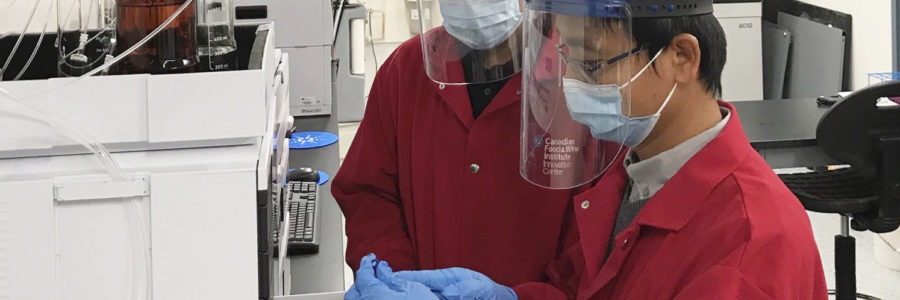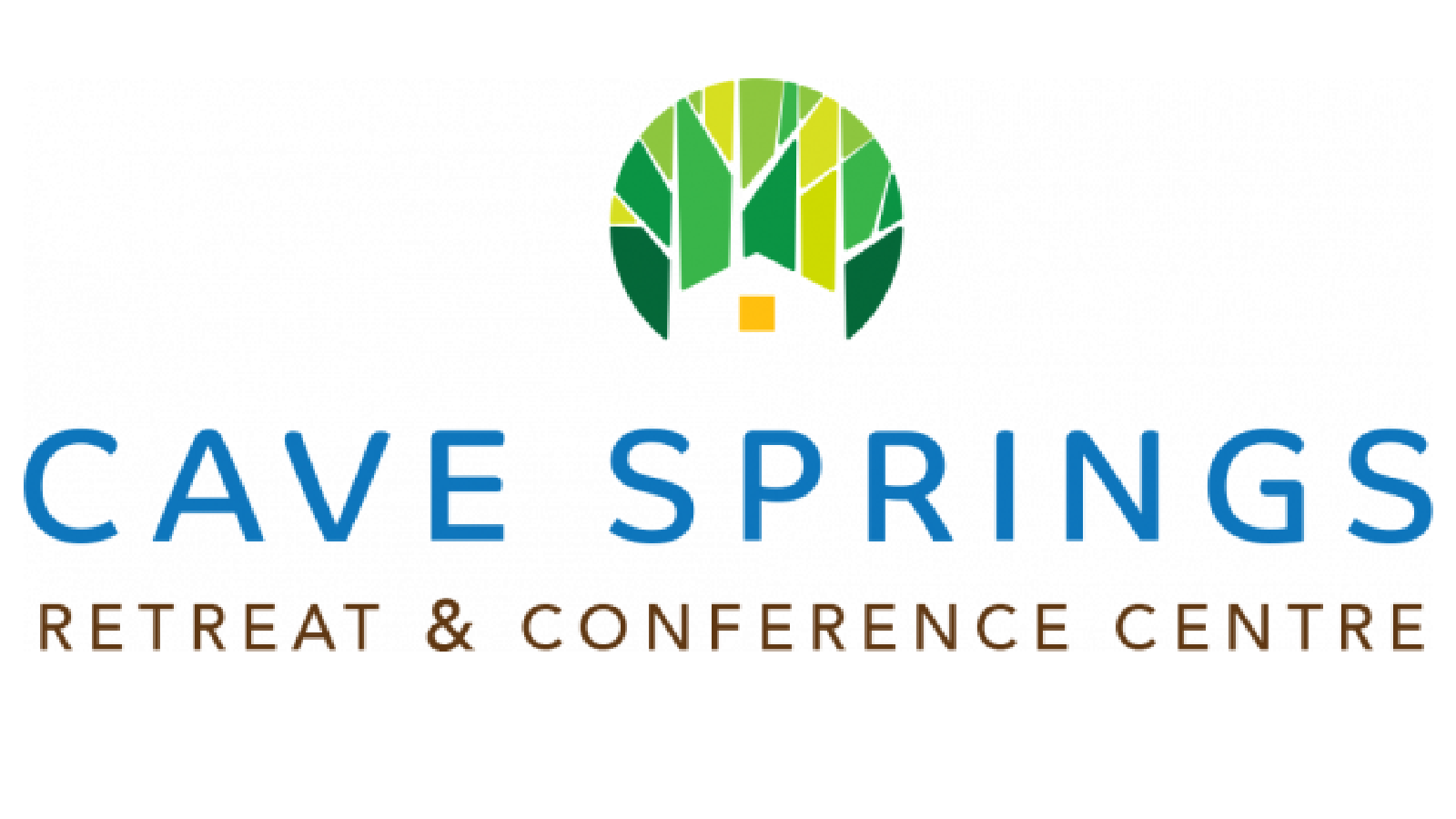Supporting product development and advancing scientific knowledge around cannabis edibles
Niagara College is once again at the forefront of cannabis innovation with the launch of its applied research for the safe and reliable development of edibles products to assist the food and beverage sector.
Through the Niagara College Cannabis Edibles Applied Research initiative – administered by the Canadian Food & Wine Institute (CFWI) Innovation Centre, part of the Research & Innovation division – experts are conducting R&D in the development of cannabis-infused products such as non-alcoholic beverages, gummies, confectionery and baked goods for industry partners.
“One of the goals is to contribute to the cannabis industry with scientific knowledge to support and facilitate commercialization of cannabis-infused edibles,” said Marc Nantel, PhD, vice-president, Research and External Relations. “Niagara College has the team to produce and teach cannabis production practices, and perform applied research projects with the cannabis and related industries in the areas of food and beverage product development and food safety.”
With previous legal constraints – cannabis-infused edibles only gained legal status by Health Canada in October 2019 – there is a lack of validated scientific knowledge for the infusion, stability, degradation and interaction of cannabis in foods and beverages and a critical void that needs filling to de-risk the research and product development process for companies. In support of this goal, the CFWI Innovation Centre was granted a Single Site-Multiple Protocol research licence – a unique model in that more generally, cannabis licences focus on one researcher, one industry partner and one protocol.
“This licence model fits Niagara College’s research framework in that it involves multiple foci, with numerous industry partners and a higher volume of unique projects from a range of clients,” said Nantel.
The CFWI Innovation Centre team is applying its expertise by engaging industry in applied research and development, including the infusion and dispersion of active ingredients like CBD (cannabidiol) and THC (Tetrahydrocannabinol – the key psychoactive component in cannabis) for food and beverages containing cannabinoids. Research also focuses on understanding methods of dispersion and detection, stability and degradation studies to guide the cannabis industry when developing new products.
“Understanding how the cannabinoids behave in different media and food matrices is crucial to success in developing safe, stable and consistent cannabis edibles,” explained Ana Cristina Vega-Lugo, PhD, senior food scientist, CFWI Innovation Centre. “At the same time, we are dedicated to contributing to advancing the body of scientific knowledge around this evolving market.”
Several industry partners are currently engaged with the CFWI Innovation Centre for applied research from food science experts, using state-of-the-art equipment in recently upgraded and commercially secure labs dedicated to R&D for cannabis edibles.
Dynaleo Inc., Canada’s highest capacity manufacturer of premium cannabis-infused soft-chews, partnered with the CFWI Innovation Centre to build on prior research by local collaborators CBD Innovations for a therapeutic CBD-infused gummy to support muscle recovery for the sports and wellness markets.
“The teams at Niagara College and CBD Innovations have been incredible turnkey partners in our collective pursuit of these exciting new product innovations,” said Michael Krestell, executive chairman, Dynaleo. “We have been thrilled with their focused and highly intelligent approach to development.
“We’re excited to offer these one-of-a-kind enhanced soft chews to wellness-focused consumers under our Dynawellness banner of cannabis-infused products in the near future,” added Krestell.
Dolled Up Desserts is an award-winning and innovative gluten-free and vegan bakery in Hamilton, Ont. and is working with the Research & Innovation team to finalize and test formulations for its first line of infused edibles, said founder Katarina Poletto.
“We are innovating a product that will be completely novel in the legal space, and we needed to ensure, as a small business, we meet federal regulations. We’ve learned a lot about the processes involved with testing potency and how to improve our formulation,” said Poletto, adding she has even been able to apply what she’s learned from the research experts to her non-cannabis-related operations at the bakery.
“The team is enthusiastic, curious and very good at explaining their processes to us. We look forward to finalizing the project.”
Just as the College’s Cannabis Edibles Applied Research initiative supports the food and beverage industry, the research projects themselves also contribute to the experiential learning opportunities for students, said Lyndon Ashton, centre manager, CFWI Innovation Centre.
“The CFWI Innovation Centre routinely hires students as research assistants, who work alongside highly qualified experts and industry partners,” added Ashton. “These research activities, especially in an emergent industry, provide unmatched career-ready advantages.”
NC’s award-winning Research & Innovation division provides real-world solutions for business, key industry sectors, and the community through applied research and knowledge transfer activities. Researchers conduct projects that provide innovative solutions, such as producing and testing prototypes, evaluating new technologies, and developing new or improved products or processes for small- and medium-sized businesses.
Niagara College offers more than 130 diploma, bachelor degree and advanced level programs; as well as more than 600 credit, vocational and general interest Part-Time Studies courses. Areas of specialization include food and wine science, advanced technology, media, applied health and community safety, supported by unique learning enterprises in food, wine, beer, distilling, horticulture and esthetics. Visit niagaracollege.ca
Photo: Food scientist Zhengtao Zhao, PhD, (foreground) and research assistant Umar Sher, work inside the labs at the CFWI Innovation Centre on method development for the determination of active compounds (CBD, THC) by using molecular analytical equipment HPLC (high performance liquid chromatography).
 Back to myNiagaraOnline
Back to myNiagaraOnline





















